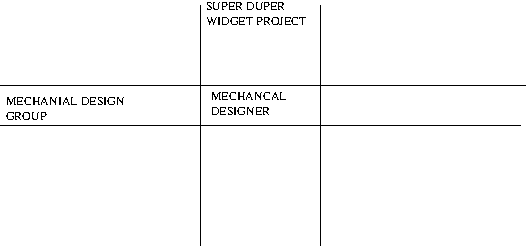Tunalover,
The buzzword for today is
Matrix Management!
The Dominion Consolidated Widgets Corporation is designing a medical device with a microprocessor, servo-devices and pneumatics. Someone has to run the project. The following stuff must be understood somehow...
[ul]
[li]The medical issues the device addresses[/li]
[li]the software -- possibly it must be very, very reliable[/li]
[li]Power supplies[/li]
[li]Actuator controls[/li]
[li]Product housing -- it must look cool, it must shield EMI/RIF, it must be sealed and rugged[/li]
[li]Mechatronics[/li]
[li]Pneumatics[/li]
[li]PCB design[/li]
[li]Fabrication drawings and DFMA[/li]
[li]User interface[/li]
[/ul]
I am pretty certain I have missed stuff.
No-one is capable of doing all the above stuff competently. Even if the project manager understands some of the details, they don't have time to work on them properly. They have to trust the people on their team. Each team member must be competent, and respectful and communicative with the rest of the team.
The project is the vertical structure, run by the project manager. The project manager directs the project team, makes sure the work is being done, and trust the team members. The horizontal structure is the mechanical department. The mechanical department performs job interviews, performance reviews, works out standards and professional development. There are horizontal structures for electronics and software, industrial design, and for any other areas of expertise required by the company. There are vertical structures for the other projects.
The mechanical designer must be an experienced person the project manager can trust. Junior mechanical designers can work within the mechanical department under the supervision of the designers on the project.
--
JHG

